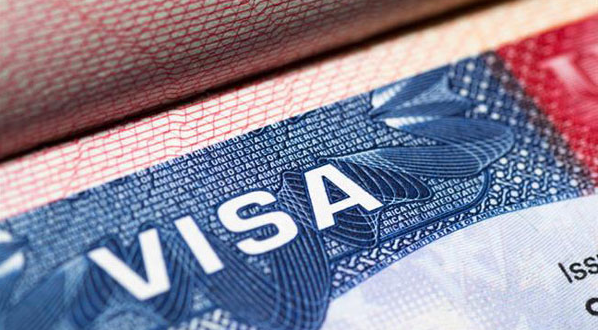In a significant shift to its visa policy, the United States has reduced the validity of most non-immigrant visas issued to Nigerian citizens to just three months, effective from July 8, 2025. The new directive also limits these visas to single entry only, ending the longstanding practice of granting Nigerians multiple-entry visas with longer validity periods. The U.S. government stated that the change is in accordance with the principle of reciprocity, aligning U.S. visa policies with those of Nigeria and other countries.
This policy adjustment affects a wide range of Nigerian travelers, including those applying for tourism, business, and short-term visit visas. However, individuals who already hold valid U.S. visas issued before July 8 will not be impacted by the new restrictions. According to U.S. officials, the decision also forms part of a broader security strategy aimed at curbing visa overstays, improving border controls, and strengthening cooperation on transnational crime and terrorism.
While the U.S. maintains that it remains committed to fostering positive relations with Nigeria, the move has raised concerns among frequent travelers, business leaders, and families who rely on the ease of multiple-entry visas. The reduced validity is expected to create more logistical and financial hurdles for Nigerians needing to travel to the U.S. repeatedly for study, medical treatment, conferences, or family visits.
Reactions from the Nigerian government have been measured so far, with officials noting that the policy is under review and that diplomatic discussions may follow. Analysts suggest that Nigeria might consider adjusting its own visa policies in response, or seek negotiations to restore previous arrangements that offered more flexibility to Nigerian travelers.
For now, Nigerians intending to travel to the U.S. are advised to plan for shorter trips and prepare for the possibility of reapplying for visas more frequently. The change underscores the evolving nature of global mobility and the importance of policy alignment in international relations. As both countries continue to navigate the complexities of diplomacy, security, and mutual interests, further updates may follow in the coming months.





